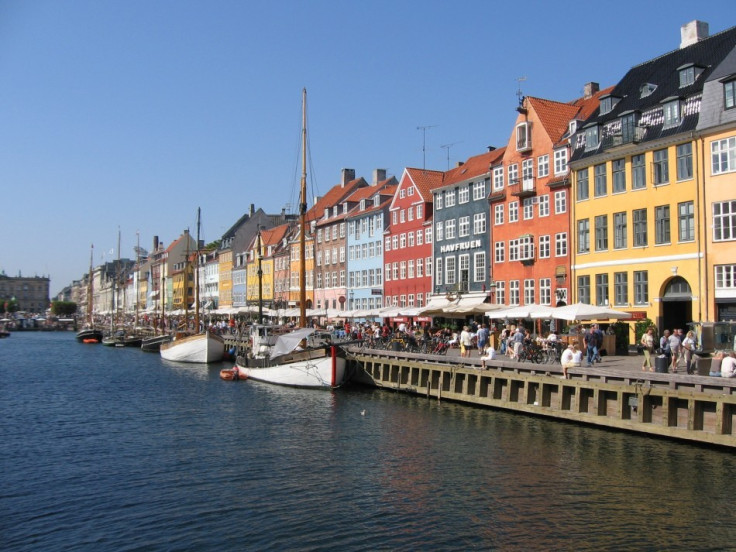Britain Really is Miserable: UK Not Even in UN's Top 20 Happiest Countries

The United Nations has finally confirmed what we've all known for years: that Britons really are a miserable bunch.
The UN's General Assembly has released its World Happiness Report 2013, revealing the happiest countries in the world - and the UK is way down the list.
Denmark has topped the list of happiest countries, followed by Norway, Switzerland, Holland, Sweden, Canada, Finland, Austria, Iceland and Australia.
While UK has failed to make the top 20 happiest countries in the world, the United States fares little better, coming in seventeenth.
Other countries which have made the top 20 include Israel, Costa Rica, New Zealand, UAE, Panama, Mexico, Ireland, Luxembourg and Venezuela.
None of the countries in the top 10 has a population over 50 million. Despite this stark and perhaps revealing fact, the UN report insists there is no correlation between a population's size and its general mood; bigger populations, with less space to live their lives, can still be happy.
"There are two large countries in the top 20 countries, and none among the bottom 20. The 24 countries with populations over 50 million tend not to be at either end of the global distribution, in part because they each represent averages among many differing sub-national regions," authors of the report wrote.
The World Happiness Report 2013 identifies the top-rank nations in six key areas: GDP per capita, years of healthy life expectancy, perceptions of corruption, prevalence of generosity, freedom to make life choices, and the availability of people to count on in times of trouble.
The report suggests that systematic analysis of happiness, which can be a measure of social progress, can help improve the world's well-being and sustainable development.
"There is now a rising worldwide demand that policy be more closely aligned with what really matters to people as they themselves characterise their lives. More and more world leaders including German Chancellor Angela Merkel, South Korean President Park Geun-hye and British Prime Minister David Cameron, are talking about the importance of well-being as a guide for their nations and the world," authors added.
"We offer the 2013 World Happiness Report in support of these efforts to bring the study of happiness into public awareness and public policy."
The world's ten least happy nations, according to the report, are all in Africa and the Middle East. They are: Togo, Benin, Central African Republic, Burundi, Rwanda, Tanzania, Guinea, Comoros, Syria and Senegal.
© Copyright IBTimes 2025. All rights reserved.






















